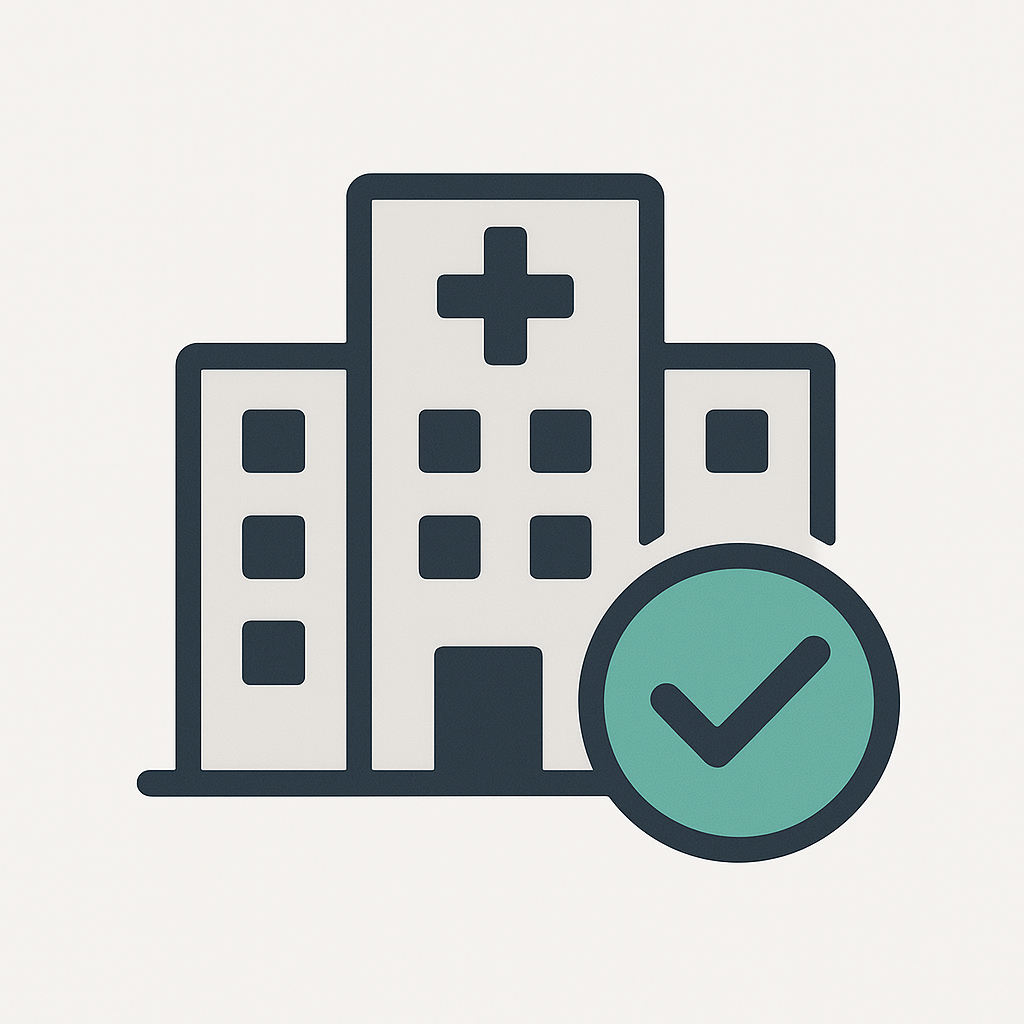How to be a good visitor
Date: 2025-08-17 | Author: Dave Rowan
You’re visiting someone in hospital. You want to be a good visitor. How can you be the best visitor? Here are some ideas
Ask when to visit
Hospitals have a schedule but the person you’re visiting probably has a schedule too. Find out when the best day and time to visit them is. It could be that they have someone arranging visits for them - ask this person. If you arrange your visit will it could be that you fill a gap in a schedule or that you visit on a day when there would otherwise be no visitors. This could easily mean the difference between a bad and a good day. Not a bad outcome for simply asking when to visit.
Ask what they need you to bring
Being in hospital probably means that they don’t have easy access to everything that they want. Find out if they would like you to bring anything. This could be a favourite food, a new book, some favourite toiletries or anything else. It can really make someone’s day to have access to something simple that they otherwise wouldn’t be able to have.
Similarly, they may need you to take something away that they no longer need. It could be dirty washing or a book they’ve finished with. Having a little space back in the never quite big enough bedside cabinet can make the end of the visit less bitter and more sweet.
Know what to talk about
I’m not suggesting you go with conversation cards (although by all means do this if it helps you or the person you’re visiting), but have some ideas of what you may want to chat about. If they’re a sports fan, what was the latest score or rumour. If they love their garden can you take a look before you visit and let them know how their veg are growing. What about the latest episode of the soap that they watch or the latest sermon in their church? Take some interest with you as there often isn’t much going on in hospital for them to bring to the conversation table.
Organisation
This is a special type of conversation, it’s probably needed but (hopefully) not the highlight of your talk:
- what is happening with their condition (only if they want to talk about it with you, don’t be upset if they don’t)
- what do they need the next person to bring in
- what are the appointments/tests that they have coming up and do they need anything for them
- how are they finding being in hospital
Be aware of their mood
We all have good and bad days. Being in hospital can easily trend towards being a bad day. Hopefully you know the person you’re visiting well and can judge how to treat them better than some random internet author. If this isn’t the case, I’d say try and be positive but not unrelenting positive. Happy, but not overly happy.
Listen as well as you can and judge the energy of your visit in line with what you’re hearing from the person you’re visiting.
Leave them with something good to think about
The visitor leaving is a bad part of the visit (at least if you’re being a good visitor!) Try your best to leave them with something good to think about. This could be news of when the next visitor will be there, something happening that is of interest to them, news of an upcoming event that you’ll talk about with them on your next visit.
Really anything that gives them something extra to think about apart from the fact that someone who cares about them enough to visit them in hospital is leaving.
Pass on messages to the next visitor
Don’t forget to pass on relevant messages to the next visitor. At it’s most basic this could be the administrative details of what they’d like to be brought in the next day. But it could (if it’s appropriate) be information on the person’s mood, treatment, condition that will make it easier for the next visitor to have a good visit.
Look after yourself afterwards
Visiting someone in hospital can be emotional. I have found that after a visit and before I get into the car (or interact with anyone else) it can help to find a quiet place to sit and reflect on anything that needs reflecting on,take a few deep breaths and then carry on knowing that you’ve done a good thing visiting someone you care for in hospital. The seconds, minutes or longer that you take to look after yourself after visiting can mean you’re more prepared for the rest of your day but also more prepared for the next visit. It can be emotionally draining visiting a loved one in hospital so make sure you also recharge in the way that suits you best.
